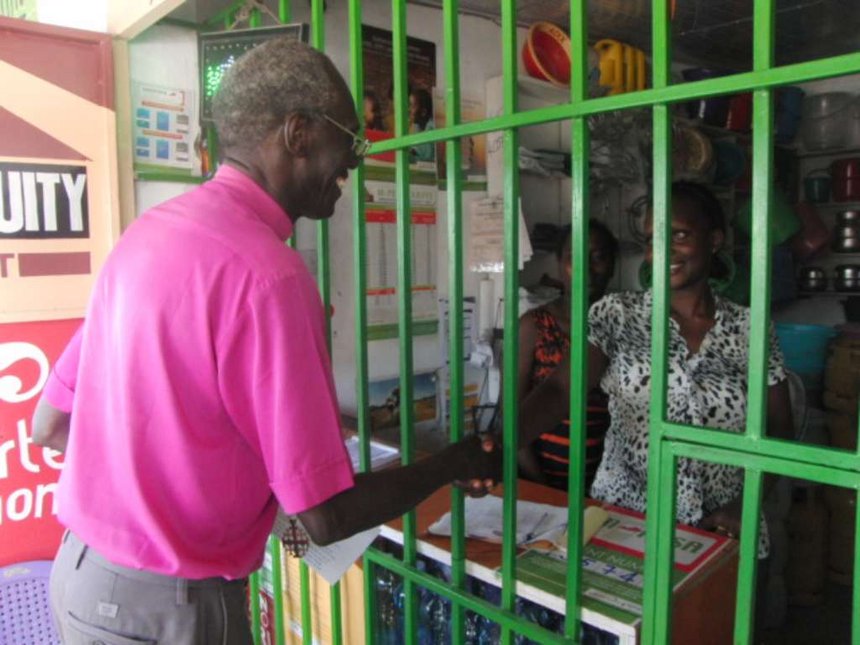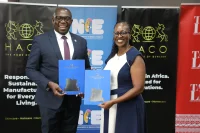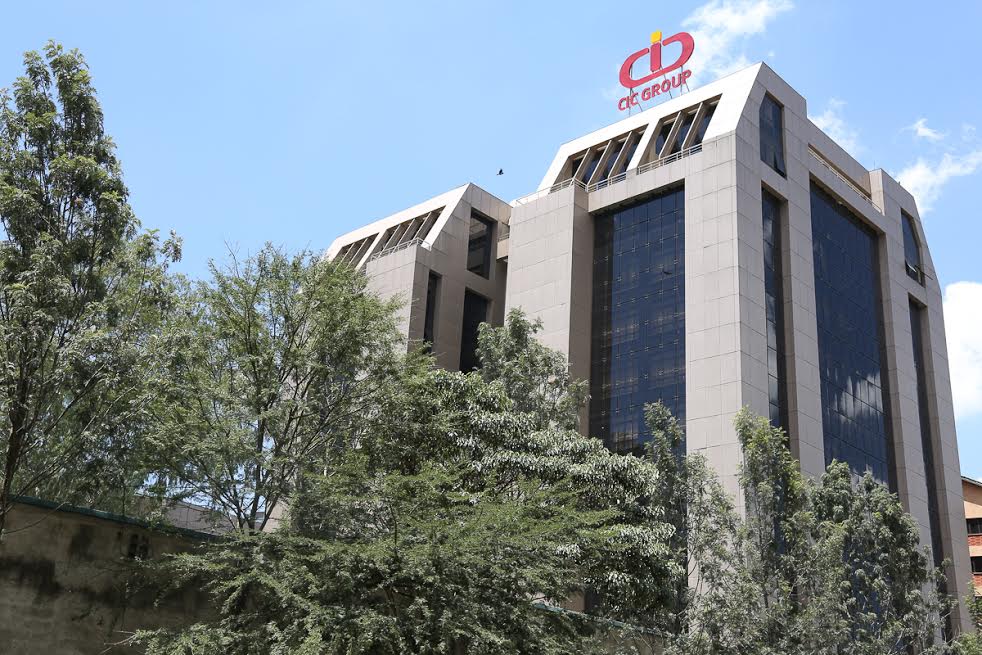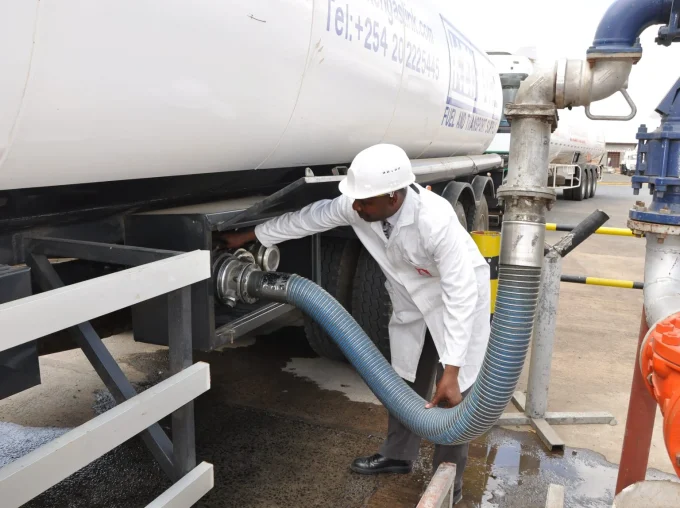[dropcap]S[/dropcap]andrah Iminza is an embodiment of the revolutionary impact that mobile services are having on Kenya’s economy. A diploma holder in hotel and catering, Sandrah failed to get a job in the many hotels in Nairobi and other towns across the country, but she left her options open.
Then one day, she received a call from a relative whose friend was looking for someone to run an M-Pesa outlet he was planning to open at Development House in downtown Nairobi. Without a job and with a young child to feed, Sandrah took up the job and travelled from her Kipkaren village to Nairobi.
“I was trained for a day and the following day I started working,” she says. “It’s not a hard job. You just need to be more careful and patient.”
One year later, Sandrah is now the busiest among the M-Pesa agents at Development House, serving hundreds of clients withdrawing and depositing cash every day. This has transformed her into some sort of celebrity, but most importantly, she earns a salary to take care of her kid and parents back at home.
Sandrah is among the more than a quarter million M-Pesa attendants spread across the country working for agents who, apart from providing money transfer and airtime top-up services, have created employment for thousands of Kenyans, many of them young people. This army of attendants would have been jobless and a risk population in a country where unemployment is trending at over 40%.
Supporting business and families
The owners of these agents, often employed elsewhere or running other businesses, have found a lucrative business in retailing Safaricom services where success depends entirely on your ability to push transactions – withdrawals or deposits and airtime. Each of these transactions earns a commission from Safaricom, which pays the dealers/agents and their employees. The trickle-down effect is amazing, ending up at the grocer or the boda boda guy.
With 28 million people on its network, and more than 18 million of them on M-Pesa, Safaricom has created a growing economy in just distributing its products and services, which keeps thousands busy earning a living daily and supports millions of families. This ecosystem has lifted about 2% of Kenyans out of poverty and improved their living standards, according to the Safaricom sustainability report.
M-Pesa has been lauded for its growing social value; offering opportunities for small businesses, and playing a significant role in reducing poverty.
Meanwhile, M-Pesa has also increased financial inclusion, with millions now having mobile wallets in which they save money.
RELATED
> A chat with Safaricom chief finance officer
> New mobile money deal spells doom for Safaricom
As market leader in with 75% of market share, Safaricom has a more positive impact on the economy and in the lives of Kenyans more than its rivals. The impact is expanded by partnerships with other service providers to enable, for example, opening of mobile accounts as with M-Shwari and KCB-M-Pesa and the payment of products using Lipa Na M-Pesa platform, which has reduced the use of hard cash and cards.
Yet in terms of size, Safaricom pales when compared to Airtel parent company Bharti Airtel, which is one of the biggest mobile services companies globally. Yet for Safaricom, its size is small enough to fit in Kenya but big enough to have a global impact. The company has recently been expanding M-Pesa’s presence in Africa and globally.
[dropcap]A[/dropcap]cross development House you meet Belinda Ayieko, who runs another busy M-Pesa agent. From her tiny 4×4 foot shop, she barely has an idea of the battle between three main mobile operators – Safaricom, Airtel and Telkom. “I am so into Safaricom,” she says. “I have other agencies like Equity, KCB and Cooperative Bank, but M-Pesa is the busiest. That’s what keeps my job.”
Around here it’s hard to locate an Airtel or Telkom agent. You literally have to ask around, showing how Safaricom has entrenched its brand into what its rivals characterize as dominance. It’s a tag that seems to ridicule success, as Safaricom has risen from underdog to champion in the mobile sector.
Airtel, then trading as KenCell, was first to be licensed and had the pioneer advantage, controlling the market for about three years before Safaricom responded to what then then CEO Michael Joseph called Kenyans’ peculiar calling habits. Kenyans, for instance, would make a call as short as three seconds and thus the per-minute billing punished those with less to say. That’s when Safaricom introduced per-second billing that turned the tables on KenCell. It was to be followed by innovation after innovation – from the free call-back service to sharing of airtime – which climaxed with M-Pesa.
In the meantime, Airtel stuck to its block billing only to change when the market had already shifted, and slipped through it’s fingers. The many changes of ownership – from Kencell to Celtel to Zain and now Airtel – have slowed down its growth and reduced market confidence. Safaricom’s rivals have been appealing the industry regulator, the Communications Authority (CA), to classify it as a dominant player and finds ways of slowing it down. Yet Safaricom, it seems, has mastered the workings of the free market of mobile services and taken full advantage of it.
READ: How M-Pesa has lifted 850,000 Kenyans out of poverty
Analysts say Safaricom’s market command is well earned. It paid $2.5 million for the 4G licence while its rivals who came later such as Jamii Telkom and Aitel paid only a fraction of that. Yet the company continues to grow stronger.
While such high-level strategic discourse may not make so much sense for Sandrah and Belinda at their M-Pesa shops, it could make or break their careers if drastic decisions that slow down Safaricom’s business are taken. “I am working to become an agent,” Sandrah says, tapping at her smartphone to enhance her float from a Family Bank account linked to the M-pesa agent. “I don’t see any other company beating Safaricom or M-Pesa.”












Leave a comment